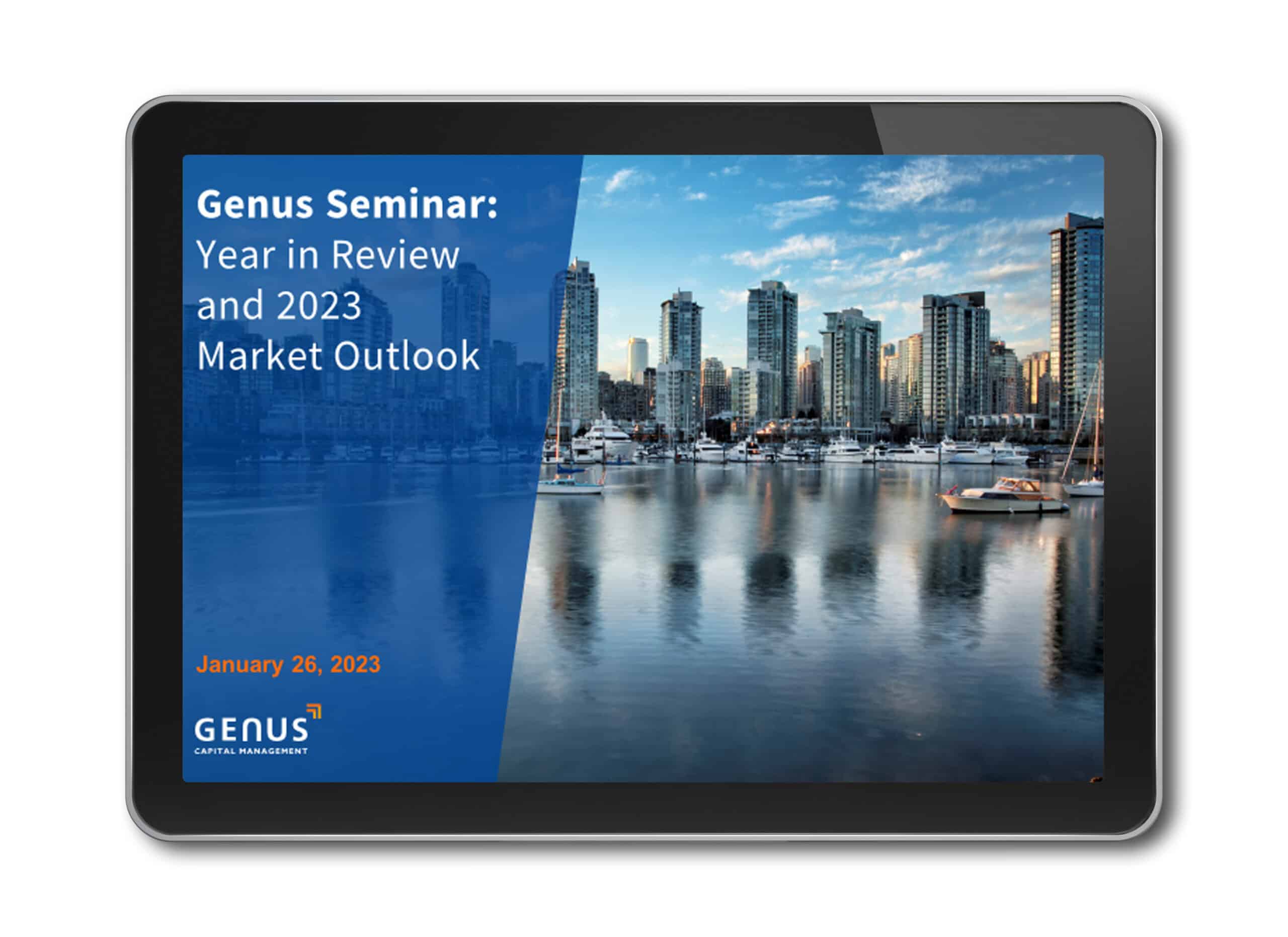Leslie Cliff: [00:00:00] So welcome, everybody, to week seven. And the first week Wayne did tell us this would be a long time and it’s probably gonna be longer than we originally thought. Jay Powell, the chair of the Federal Reserve, said the virus will decide the timeframe. And there’s still so many unknowns when it comes to this virus. But we know, at the end of the day, the week was flat in terms of the stock market, but it was an exciting week. How did you see it?
Wayne Wachell: [00:00:28] Well, we think we finished a great month was the best month of nights since 1987. And that’s really, I think, a function of all the money is being printed. I just checked before we came on. The European growth and money supply is around twenty five percent. That’s way more than back in 2008, 2009. It was 20 percent. Not just climbing. They’re just opening the floodgates. They’re hammering, buying corporate bonds, ETF. Everything in the VIX broke below below 40, hit almost 30 bounced off the past couple of days. But.
Leslie Cliff: [00:00:58] Now, wait a second. Explain with the VIX is there. Wayne.
Wayne Wachell: [00:01:02] it’s the volatility index, it’s basically it’s measure what risk is more great.
Leslie Cliff: [00:01:06] So when it goes down because the roller coaster is coming out.
Wayne Wachell: [00:01:09] So charged that basically things are settling down. We had almost 30 we had a high of eighty five back in March. So that’s a good sign. And this week we saw some signs within the internals of the market where people started coming into buying value stocks and they had a bit of a run up until the past couple of days. And when the past couple of days, the numbers printed good on Thursday in terms of unemployment numbers weren’t that strong and Amazon. Actually Amazon did great. The revenues, revenues beat quite dramatically, but their earnings are spending our money, hiring people, etcetera, building infrastructure. So their earnings were a bit of a miss, but so far so good. But I think to go further and we’ve got a nice rally here off the bottom, cyclical stocks, the banks, industrials or oils or energy stocks to come back and the smaller caps and a bit of a small cap bounce early earlier in the week and came off the past couple of days. But when you go further, we need those kind of stocks to do well. All the heavy lifting to where we are today has really been buy the technology space in the healthcare space.
Leslie Cliff: [00:02:14] Yeah, I was going to just mention maybe people know this, but the five largest stocks on the S&P 500 and 500 stocks, represent 20 percent of the value. And this was happening in 2019 even 2018 that the leadership is getting narrower and narrower. And this is accelerated through this through this virus. Where will the catalyst be? I guess it’s going to be growth get over this virus.
Wayne Wachell: [00:02:41] Well, I think we have a clear some clear signs that were over the bottom. I think right now the market is saying, hey, we can see a bottom here. We can see economic activity picking up. They actually track drug activity by looking at mobile phone activity, people walking or driving. And it’s it’s off the bottom is going up and it’s going to get better. So that’s a good sign. So the market wants to see a bottom in seeing a bottom, but it isn’t clear yet what the new world’s going to look like. And will there be a second wave? Or whatever that conviction comes. We’re starting to start a bit of it this week. To see people power, small cap stocks, to beat up stocks and cyclical stocks, and they’ll leave the big guys behind. In fact, this week, the bigger stocks did legs for most of the week.
Leslie Cliff: [00:03:21] Certainly, it seems to me investors want to believe, but everyone’s trying to get reality strikes and they can’t do it. Now, the market was down quite a bit. And there is more talk of, again, tariffs were on the in the world before this and there talk of a more attract tariffs to China. I don’t want to talk too much about the tariffs because they may or may not. I mean the new tariffs may or may not happen. But I’m more than a year ago in our quarterly videos, you talked about how crazy it is that these big companies have supply chains all locked up in China and that they’re going to have to diversify. And that’s a year all that’s nothing to do with the virus. But this virus is sure highlighted that some more. So tell us, what we can glean from this new supply chain. What does it mean longer term?
Wayne Wachell: [00:04:09] Well, number one, corporations have to get their supply chains diversified. Too much exposure to one vendor like China, it’s going to cause you a problem. You get a pandemic or there’s a trade war. Right. It’s going to hurt you. And so I think that was a message during trade war. Get your supply chains diversified. Get your vendors. It’s just simple, good business.
Leslie Cliff: [00:04:28] Longer term that that does mean the world is less efficient and and the corporations are less profitable.
Wayne Wachell: [00:04:35] Well, this is about managing risk. You want.
Leslie Cliff: [00:04:36] But it does result in less profit, too.
Wayne Wachell: [00:04:40] But it’s still I think longer term, it’s going to be it’s going to be better for for the rest of world in terms of what’s going on with China. Like China is going to be has an issue. The Communist Party, there is an issue. It’s going to become I don’t think Trump’s going to do anything prior to the next election, but is going to become a hot election item. And that’s what’s getting the market a bit spooked. That came out today. And so the 70s got hit, for example, semiconductor stocks today because they have exposure to China. So that’s it’s going to be an issue. You know, it’s coming. You can see the Trump moving towards laying the blame at China’s feet. It’s going to be a big issue. So it’s going to probably cause some days of volatility. But I don’t expect him to do anything silly until you get the other silly things. But in terms of putting a tariff in place prior to the election,but I could be wrong.
Leslie Cliff: [00:05:29] So what about Parole Canada? Are we going to actually get back in the manufacturing business to have our own supply chain?
Wayne Wachell: [00:05:36] Well, looks that way. You know, I they’ve been kind of slow on some of the the antibody tests and some make these kinds of things rather than using international supply. But we have to have puts people who work somewhere, I guess, in the energy space is going to be hurt, I think longer term, we need some. And I’m still waiting for the new industrial policy of some kind that we have here beyond oil. And that hasn’t been forthcoming over the past 10 years. And so we need something new, I think, to invigorate the economy. And maybe it’s a new industrial policy of some kind.
Leslie Cliff: [00:06:10] We need to challenge the political parties for better policies. Now, just to shift gears for a second. I again, I’m on this call, though. The theme of these things were all in place before the virus, but they’re accelerating. And so there’s three technologies that are have been in place for a long time. But again, they’re accelerating. That is 3D printers, that’s robotics and its block chain and don’t really want to go into all three of them. But I’m curious, do we have exposure in our clients portfolios for the success of those technologies?
Wayne Wachell: [00:06:45] No, not right now. Not a lot of exposure there. Our exposure is primarily is in the cloud, cup stocks like Microsoft and Amazon. And then a lot of the chips in 5G exposure, as you know, as everybody using more computers now. And we’re accelerating into 5G. We need more and more chips in the Internet of everything. So I think there’s other other themes are strong things, longer term. But right now, the biggest, deepest themes are are the cloud and and chips and getting ready for the 5G kind of world where everything will be connected to the Internet.
Leslie Cliff: [00:07:16] And the other thing that about these three new technologies is you don’t have to invest in the technology. You just need to invest in the companies that are using those technologies because they will make the companies who use those technologies, much with risk, less risky and obviously much more profitable. And Unfortunate may be employing less people too. Anyways. I just wanted to ask you that. Now we’ve got a few questions from last week. People are intrigued with the bond market vigilantes and how can they stop all this money getting printed.
Wayne Wachell: [00:07:50] Yeah,
Leslie Cliff: [00:07:51] Really, inflation’s going to come roaring back. You said no, no, no. Well, maybe you said who knows? But the bond bond vigilantes will help or might stop that. So please explain.
Wayne Wachell: [00:08:01] Well, you know, let’s go back to the bond vigilantes.Bond vigilantes were the bond investors that were concerned about inflation back in the 70s. And we had Bretton Woods is there to, which really talks like inflation and monetization. And so what the bond vigilantes did is said, OK, we want to have inflation, which is like my rent right now, two percent plus seven percent. So, you know, so if that was that was the case today, they came back and wanted seven or five percent above inflation. We’d have bond rates up around seven or nine percent. They just kill the economy. So, you know, if you want to have runaway inflation, you first have to destroy your bond market. And in other countries like Argentina, that they’ve had to blow out their bond market. But it’s different when you’re the number one lending market in the world. And if you tried to destroy the bond market, rates would go so high, they’ll choke everything else off and kill everything else. We had seven percent real interest rates here. At nine percent, it would kill the stock, why not kill everything else? So that’s the fine line. You know, the question is, well, so far for the past 40 years, the bond vigilantes have been sleeping. They have not been home. And we don’t want to come back. And actually, you know, President Obama, he was concerned about them and he said, you know, we don’t want these guys to kind of keep him, keep them in their hiding hole and keep them asleep when they come out. And that begins with inflation coming. Bond investors will ask more of a premium over inflation. And that itself could choke the economy off because the economy is so levered and so much in debt right now. So it’s a fine line. So it’s not a fait accompli. We’re going to get runaway inflation. I printing the bond vigilantes may come out and crush a lot of financial assets. So that’s the fine line there.
Leslie Cliff: [00:09:48] It was a fait accompli that it’s ever the environment.
Wayne Wachell: [00:09:51] Yes.
Leslie Cliff: [00:09:53] That’s the. Now, when one last question the emerging markets, any quick comments about their stock market and their bond market.
Wayne Wachell: [00:10:02] Stock market. You know, we still think there’s going to be issues right now, probably in some of the in South America with a lot of exposure to commodities and there’s a lot of exposure there, obviously, in Russia. Those kind of places. And still, China is having a it’s going to have more issues here with trade issues, also with their exposure to global economy, their stock being impacted. So I think it’s a bit early. Our models are neutral to kind of negative. So we want to see what happens there. But I still think you can stick to the big and the developed markets and the US in particular.
Leslie Cliff: [00:10:31] And the bond market, emerging market, bond market.
Wayne Wachell: [00:10:36] That’s going to be tied to our to our our our bond rates, too. And so I don’t see any issues there in terms of getting any worse. Long as the US dollar doesn’t go too strong and I think there and try and keep the U.S. dollar. So it’s a function emerging market that it’s more tied to U.S. dollar and weak [inaudible].
Leslie Cliff: [00:10:56] So we think we got that. So what we want to keep these short and hopefully inform. Thank you so much for your questions. Most the questions I asked today were from clients. I stuck one of mine in there. And so I just like to end with a personal feeling that I think people in our community are kinder than they were before this. And I think that’s something that’s also accelerating through this. And that’s that’s something we all are participating in. And so we wish you lots of kindness and we appreciate your sentiments. You guys have been great. We get lots of feedback from you, which we really do like. And again, if you do not be silent. If you have questions, call your portfolio manager. Send in your questions. We’re here to serve. So thank you very much. And I think we’ll see you next week.
Wayne Wachell: [00:11:50] Thank you.

Slides & Resources – Financial Abuse of Older Adults: Recognition, Prevention, and Assistance

Why We’ve Added a Biodiversity Screen to our Sustainable Investments












